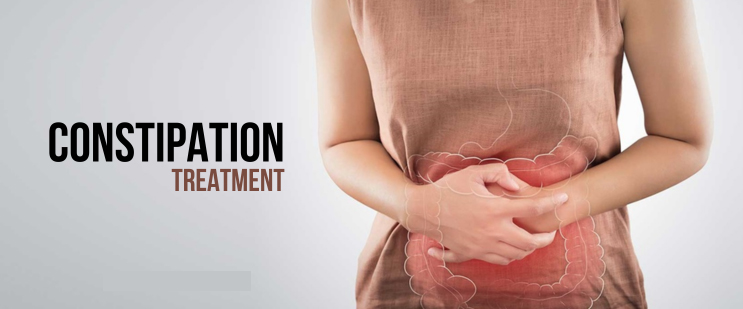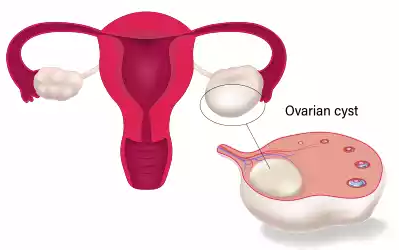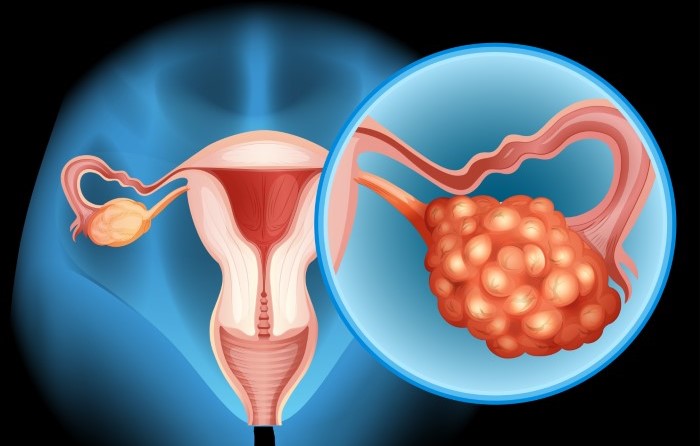Chronic Constipation & Rectal Bleeding: Could It Be Something Serious?

Most people pay little attention to the state of their digestive health until the start of a range of symptoms of complications. Chronic constipation and rectal bleeding are among the most widespread and neglected issues.
Although mild constipation or spotting after straining may not be cause for concern, persistence of these signs may indicate a systemic problem that requires proper medical evaluation and action.
We will discuss the meaning of chronic constipation and rectal bleeding, their potential causes, the timing to consult a doctor, and what specialist attention in the Pelvic Clinic under the supervision of Dr Sandip can do.
What Is Chronic Constipation?
Constipation is the problem of a low-frequency or laboured bowel movement. Although some constipation might not be a cause of concern, chronic constipation has a symptom lasting three or more months.
- Passing stools fewer than three times per week
- Hard or lumpy stools
- Straining during bowel movements
- A feeling of incomplete evacuation
- Abdominal discomfort or bloating
What Causes Rectal Bleeding?
Rectal bleeding merely refers to the excretion of blood via the anus, on the toilet paper, into the stool, or into the toilet bowl. Depending on the location, the amount of blood and colour can be either bright red or dark maroon.
- Piles (Haemorrhoids): Swollen blood vessels in the rectum or anus.
- Anal Fissures: Small tears in the lining of the anus, often due to straining.
- Chronic Constipation: Hard stools damage the anal tissue, leading to bleeding.
- Polyps: Non-cancerous growths in the colon or rectum that may bleed.
- Colorectal Cancer: A more serious but important cause that must be ruled out.
- Inflammatory Bowel Disease (IBD): Such as Crohn’s disease or ulcerative colitis.
Why Do Chronic Constipation and Rectal Bleeding Occur Together?
Rectal bleeding and chronic constipation tend to coexist. Difficult bowel movements might cause or aggravate haemorrhoids and fissures, resulting in bleeding. Hard faeces might cause harm to the rectal lining, causing tearing of the same.
However, these symptoms might be indicative of other more serious conditions sometimes. That is why one should not diagnose and disregard those self-treatments.
When to See a Doctor Immediately
You should not delay a consultation if you notice:
- Rectal bleeding lasting more than a week
- Large amounts of blood or blood clots
- Severe pain while passing stools
- Sudden weight loss
- Persistent bloating or abdominal pain
- Family history of colorectal cancer
These are warning signs that need urgent evaluation.
Treatment Options for Chronic Constipation & Rectal Bleeding
Treatment depends on the underlying cause. At Pelvinic Clinic, the focus is on both relief and long-term prevention.
For Constipation:
- Increasing fibre intake (fruits, vegetables, whole grains)
- Drinking more water
- Regular exercise to improve bowel movement
- Medications such as stool softeners or laxatives when necessary
- Advanced treatments if lifestyle changes are not enough
For Rectal Bleeding:
- Topical ointments and sitz baths for fissures and piles
- Minimally invasive procedures for haemorrhoids (like laser treatment)
- Endoscopic removal of polyps
- Surgery in severe or cancerous cases
Dr Sandip and his team at Pelvinic Clinic use advanced diagnostic and treatment techniques, ensuring patients get world-class care without unnecessary delay.
Prevention Tips You Can Follow
Prevention is also important where chronic constipation and rectal bleeding are concerned. Even basic lifestyle modifications can do wonders to help keep the digestive system in good health and prevent future dangers. The tips to follow include:
- Eat a Fibre-Rich Diet: Eat lots of fruits, vegetables, legumes and whole grains. Fibre increases bulk to stools, which become soft and easy to pass.
- Stay Hydrated: Taking at least 8-10 glasses of water in a day is important, as it makes the stools soft and contributes to smooth bowel movements. Avoid too much caffeine and alcohol, which can lead to dehydration.
- Limit Processed Foods: Packaged snacks, Fast foods and refined grains contain little or no fibre and are rich in unhealthy fats, thus exacerbating constipation. Substitute them with more nutritious food such as oats, brown rice, and vegetables.
- Respond to Nature’s Call: Pay no mind to the desire to empty the bowel. Withholding causes more difficult stools and more severe constipation and may cause more fissures and bleeding.
- Stay Physically Active: Regular physical activity, including walking or yoga, encourages bowel movements and overall digestion. A minimum of 30 minutes of physical activity per day.
- Schedule Regular Check-ups: Regular screenings are necessary in case there is a history of colorectal problems or ongoing digestive problems in your family history. Complications are avoided by early reaction to a condition such as polyps or haemorrhoids.
Why Choose Pelvinic Clinic?
You require professionals who are not only well versed with the medical condition but also offer empathetic services in cases such as constipation and rectal bleeding. As the head of the Pelvic Clinic, Dr Sandip is the reputed specialist in colorectal and digestive infections.
This is why patients choose Pelvinic Clinic:
- Skilled experts in colon care.
- High-quality diagnostic equipment to identify correctly.
- Less invasive modalities of treatment.
- A confidential approach by putting the patient at the centre.
- Eat to achieve long-term gastrointestinal health.
Nothing should jeopardise your health. With the right treatment plan and early diagnosis, complications may be avoided, and one could even lead a stress-free life.
Final Thoughts
Chronic constipation and bleeding of the rectum might initially be displayed as minor nuisances, but left unattended, they may be indicative of other, more major causes, such as colorectal cancer. It is important not to panic but to visit the doctor and consult with him.
You can not only get relief from discomfort but also protect your long-term digestive system with the help of Dr Sandip at the Pelvinic Clinic. You should not wait in case you have had chronic constipation or rectal bleeding. Make an appointment with Dr Sandip at the Pelvic Clinic now and start on the road to good health.



